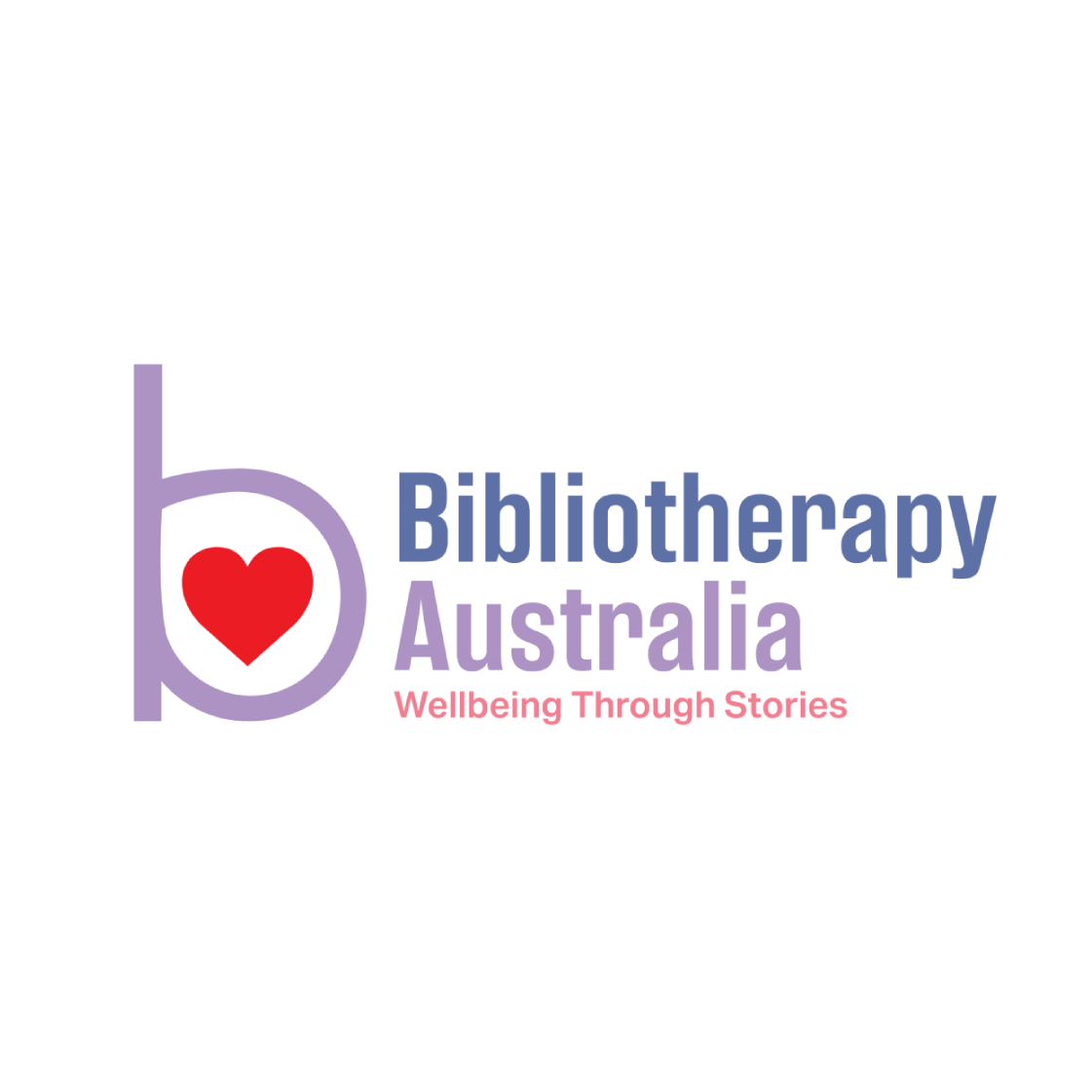by Meral, English Department Head
When I reflect on my three-day journey in the Bibliotherapy course guided by Dr Susan MacLaine, a river of emotions, words, and literary lines float to the surface of my mind. I’ve tucked them away in a sacred holding place. This place reflects light on my day-to-day practice as a leader and educator. I have been to countless professional development sessions over the past twenty years as an educator, which are usually driven by curriculum agendas, exam outcomes, data and more recently the focus has been on technology and AI in education.
At first I thought that perhaps this would be another way to sustaining my career in teaching, however, it is so much more. For the first time I was able to discard my analytical mind, slow down, pause and ponder literature read loud from the heart. What was also profound for me was to connect with complete strangers through the beautiful sources of literature. We know that reading teaches and deepens human empathy, but beyond this for me it has been my calling to teach reading, writing and literacy skills. For me it has been a solitary act, a safe place I where I have conversations with authors and poets and scribble questions to them in the margins that invite my voice. In my literature classes we put on different lenses to pieces of literature with the intention to understand, analyse and interpret. Through the process of teaching, I help students find and develop their own voices. Reader Response theory states that a piece of literature comes to life when we engage with it, that the text does not exist without a reader.
However, my understanding of this has taken a deeper dive as I slow down, hear a reading, once, twice, ponder it and become aware of my heart, gut and physiological response. I think, what a power it is to hear a reading and experience a quiet connection, sometimes an ‘aha’ moment or an epiphany about feelings that have been perhaps buried or not understood. Great epiphanies happen and these can stay private or shared and they are not about being right. For me, this is sacred in the spaces of Bibliotherapy where the gift is that we can be in an environment with people we know or complete strangers. We bring ourselves to these sacred spaces where literary worlds unravel and we can turn inwards and connect as humans, understand our own chaos, the messiness and beauty of the human condition. Owning our pain, grief, naming it or being able to let go of our grip or attachment to an emotion that no longer serves. Sometimes it’s just through the simple act of being still and listening that we can experience the most complex understandings when a few words from a piece of literature can resonate so greatly.
For me, bibliotherapy is now a poignant source of joy. The joy comes from the process of thinking about and selecting a piece of literature. I can get absorbed in this and lose all track of time. The joy then deepens in connecting with others quietly in a world that is mostly too loud. With Susan’s encouragement I built the courage to hold a session for my inner circle of wonderful women at different stages of their lives. I did not anticipate the overwhelming positivity that emanated and the request for more sessions with friends I hold dear. The following day a WhatsApp group chat was buzzing with comments about the words from the poem, the lines were uplifting for one participant who shared that she was ‘walking her dog in the rain with her summer gloves and satin sandals.’ The session ends but the joy does not, it endures and is therapeutic.
I wonder what the world would look, feel, and sound like if Bibliotherapy was a required course for all children, not once in their early learning years, but repeatedly in their later years of schooling. I am confident the world would be a more loving place with more self-aware, empathetic, and self-compassionate individuals and communities. That may sound like a big statement to make, but that’s the transformative power of the practice of Bibliotherapy. I feel gratitude for Dr Susan McLaine’s teachings and her generosity in mentoring bibliotherapists.
Meral Simsek
English Department Head
English & Literature teacher
Beginning Bibliotherapist

